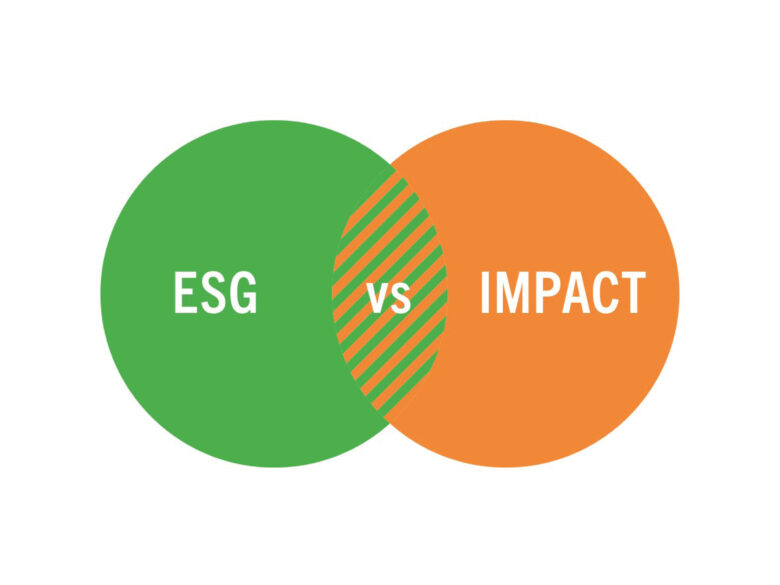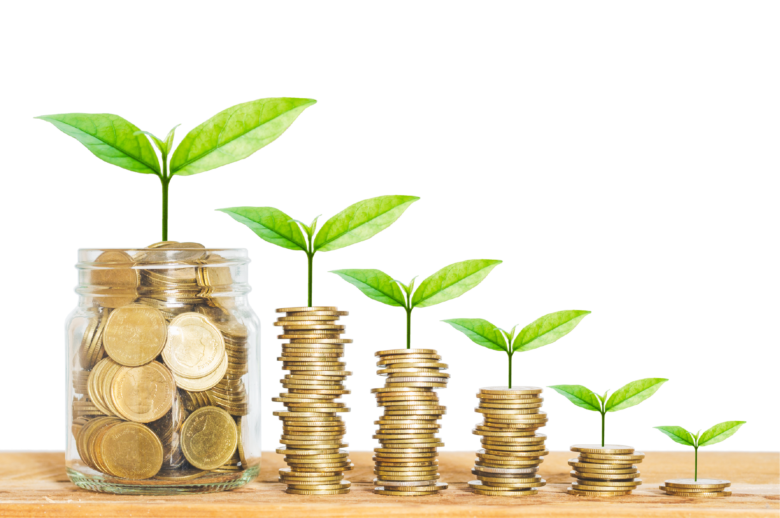We first encounter money as children, long before we have a job or bills to pay. Where we live, the conversations we overhear, and the behavior we see in others can significantly influence how we view money. Children are naturally interested in and aware of money, and they pick up habits and attitudes from those …
Sustainable investing has grown from a niche investment to a common investment strategy that is worth trillions of dollars worldwide. As investors are increasingly seeking to match their portfolios to their values, two major strategies have been developed: ESG investing and impact investing. Both strategies seek to produce positive social and environmental outcomes in addition to financial …
When we shop to feel good, we call it emotional spending. Shopping to relieve emotions like stress, sadness, boredom, or even joy is a way to cope. When we’re stressed or worried, shopping gives us a short-lived feeling of pleasure or relief. It feels satisfying, like a reward, but it doesn’t last long. Shopping to …
Climate change has evolved from an environmental concern to a fundamental force reshaping how global financial markets operate, assess risk, and allocate capital. Financial institutions worldwide are recognizing that climate-related risks pose material threats to their portfolios while simultaneously creating new opportunities for sustainable investments. This transformation affects everything from insurance pricing to sovereign debt …
People don’t usually develop bad financial habits overnight. Bad financial habits develop over time and stem from a lack of financial education, emotional reactions, life events, and the influence of their environment. People usually don’t learn how to budget, save, or invest growing up. Instead, they learn how to manage money by watching their parents …
Sustainable finance represents the integration of environmental, social, and governance considerations into financial decision-making processes. As businesses face increasing pressure from investors, regulators, and consumers to demonstrate environmental responsibility, understanding sustainable finance solutions has become essential for long-term success. These financial tools and strategies help companies reduce their environmental impact and create new opportunities for …
Workplace financial wellness is becoming a growing issue as more employers realize the impact the direct stress of financial management can cause on employees’ well-being, productivity, and overall satisfaction. The programs designed for this purpose are intended to assist employees to manage their finances better as well as reduce stress and enhance their financial well-being. The term …
Financial wellness can improve mental health, relationships, and work productivity. Budgeting is one way of achieving financial well-being. Budgeting allows you to set specific savings goals that will lead toward short- and long-term goals, providing extra motivation to stick to your budget plan. Mental budgeting can also help relieve stress by increasing financial self-efficacy. Furthermore, …
Saving money goes beyond just putting aside cash for rainy days. It’s the basis for financial safety and peace of mind. When people discuss financial health, they usually consider earning more money and investing more wisely, as well as taking care of the debt. While each of these is important, however, none of them will be fully …
Mindful spending is a strategy designed to help you make more sound financial decisions. It involves tracking spending habits, recognizing patterns, and understanding what truly matters to you. Discretionary spending includes non-essential items like entertainment, hobbies, and luxury purchases. As with all spending decisions, discretionary purchases should be limited and prioritized according to needs instead …










